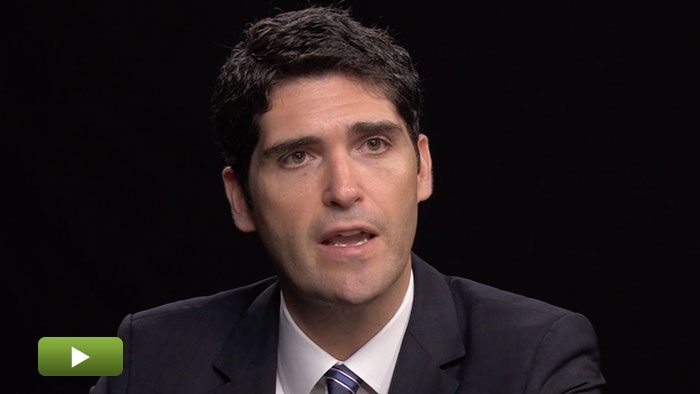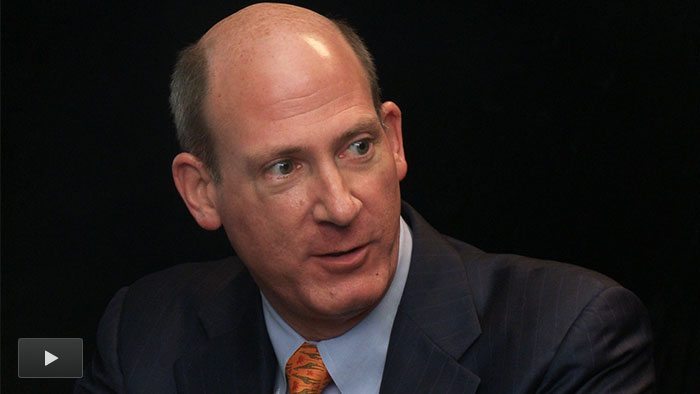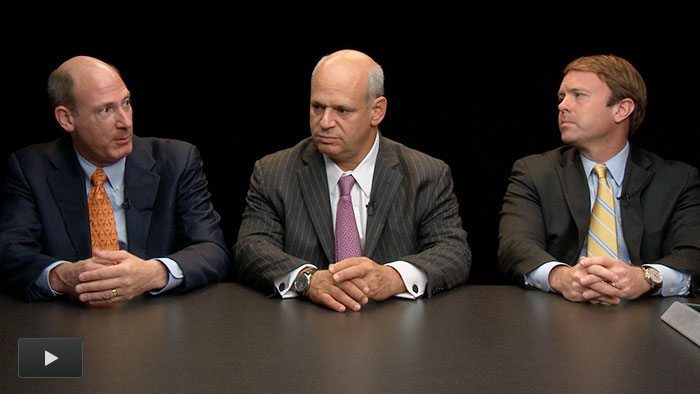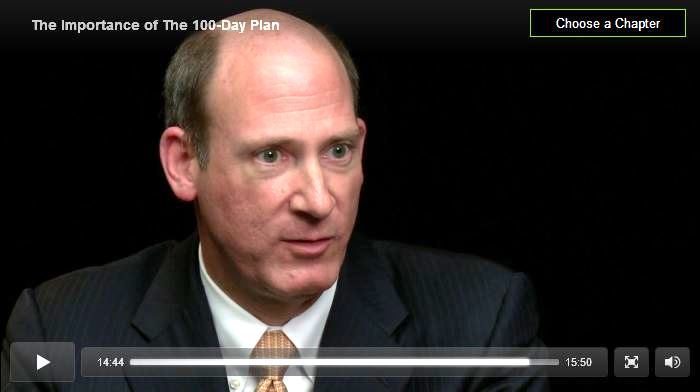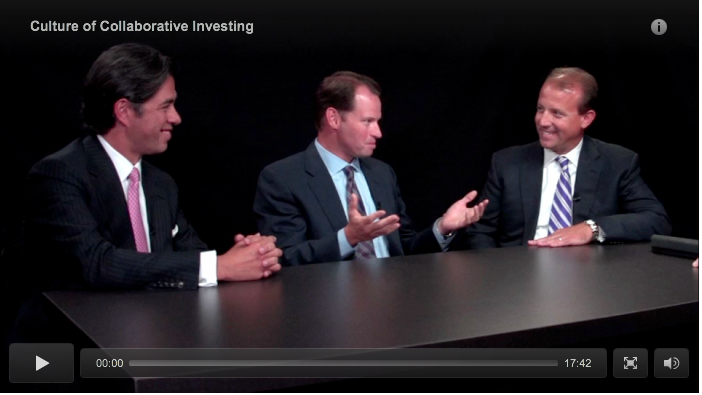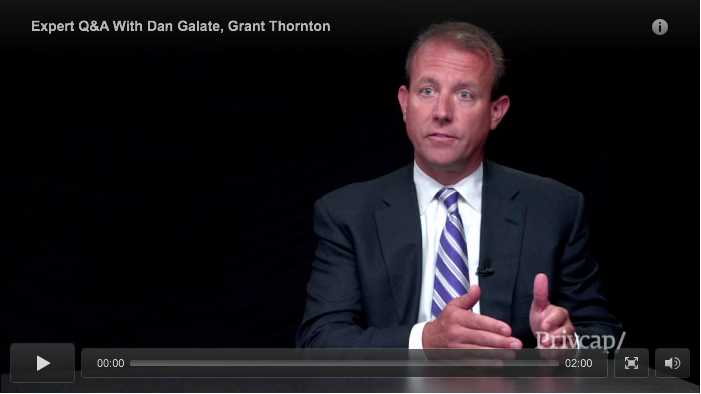Execution: Key to PE Value-Creation
The new opportunity for private equity is all about “old-fashioned blocking and tackling and executing,” according to Michael McGuire, CEO at Grant Thornton LLP, who speaks with Privcap about the centrality of the private equity industry in his firm’s own plans for growth.
Transcript Download Transcript
Execution: Key to PE Returns
A Privcap Conversation with Michael McGuire of Grant Thornton
What role does the private equity industry play in Grant Thornton’s growth strategy?
McGuire: I was in front of our partners at our annual partners meeting a year or so ago and I mentioned to the entire group that my top three goals for the year were private equity, private equity, and private equity. 1 And it’s really important for us because strategically, Grant Thornton is focused. Our strategy is solely focused on dynamic growing companies. And those companies are the exact kinds of companies that private equity is interested in. So our motives, our desires, our strategies are very much aligned with what’s going on in private equity.
And so I think it’s really important for us to continue to make those investments. So you know, we have… strategically we have doubled down, probably more than doubled down on private equity in terms of our investment and talent and really what we’re doing in the marketplace.
I mean, we think that private equity is only going to continue to grow globally as well and that, you know, really what’s good for private equity is good for us as a firm. Because I think we have to be able to add value to our clients, we need to be able to find opportunities for our clients. And also we need to be able to help, as private equity continues to mature, continues to expand beyond the borders, continues to get into more complex deals, that we’re there to be able to help navigate through that.
How have you seen the private equity industry evolve over the years?
McGuire: Well I’ve been the business for thirty-one years and over my thirty-one years, it’s really been focused on serving dynamic, rapidly growing middle market companies, especially a lot of family owned businesses, privately held businesses. And I’ve just seen private equity emerge and start to mature over that time period. I remember many years ago that people, before private equity was prominent at all, there really weren’t a lot of options for companies in transition or needed growth capital.
And with the advent of private equity, we’ve seen… so many of clients have been impacted with private equity. It’s rare that we go to a client anytime or a target company where they have not been talking… Either they’re private equity owned or they’ve been discussing private equity investments to help them grow.
Private equity is becoming increasingly global. How is your firm participating in that expansion?
McGuire: Grant Thornton has a global scale. I mean, we have nearly six hundred offices in a hundred countries, we’re all around the globe. And one of the things that we’ve seen a lot of lately is private equity getting beyond the borders of the U.S. and asking for help.
Each of these counties has nuances, they have different kinds of regulations, and each one is in a different phase of understanding private equity.
What kinds of risks do these firms face as they invest overseas?
McGuire: Well I think a lot of it is really the local rules and regulations, tax regulations for example. But you know, you also have issues in doing business in countries, say around the Foreign Corrupt Practices Act. You know, you have to be able to understand what’s going on in those countries. And unless you’re really involved in that country, it’s very hard to be able to navigate those specific risks.
I think in term of going into a country and making sure that you have the right tax structure, that you understand once I get involved in a country, how do I exit my investment. What happens, how do I repatriate funds if I need to do that, back to the United States in a more efficient fashion.
More generally, what are some challenges PE firms face in building up their portfolio companies, creating synergies and driving returns?
McGuire: Post-merger integration, I think, is very important, whether or not you are actually executing on the strategy and the business plan that you put together. And then that’s within individual companies in your portfolio.
I also think it’s important to look across the portfolio and try to find opportunities for synergies, as you mentioned, whether it’s purchasing or, you know, tax services or things along those lines. And I do understand the difficulties in somewhat integrating some of those… because how do you divest of it, at some point, how do you break it up when you ultimately divested your investment.
Gone are the days that if you were the first private equity firm, you know, to come in and talk to the company and I think now, you know, the valuations are higher, it’s hard to… you know, it’s hard to get… it’s hard to drive your returns. So I think you’ve got to go back to some of it… a little bit of the old fashioned blocking and tackling and executing and actually driving strategy and executing your business strategy with your investments.

